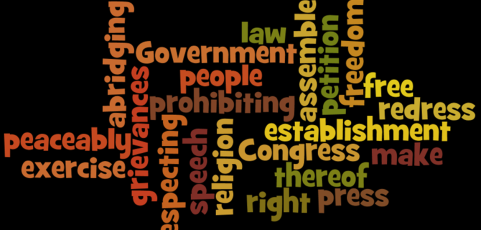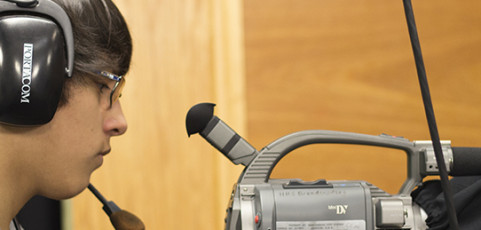Internet access and safety
Today’s student journalists must learn to navigate and produce online media. The choice is clear — provide an educational environment in which students learn to use the Internet with adult facilitation, or leave students to educate themselves with no such guidance. Because the First Amendment protects Internet freedoms in much the same way it protects print media, it is essential for administrators to understand the boundaries of the law.
Understanding filters
The Children’s Internet Protection Act mandates filters in public schools, although many administrators are unaware CIPA also allows for their removal in certain situations. Use in journalism programs should be one of those exceptions because filters often block relevant research material and prohibit students from learning online responsibility.







